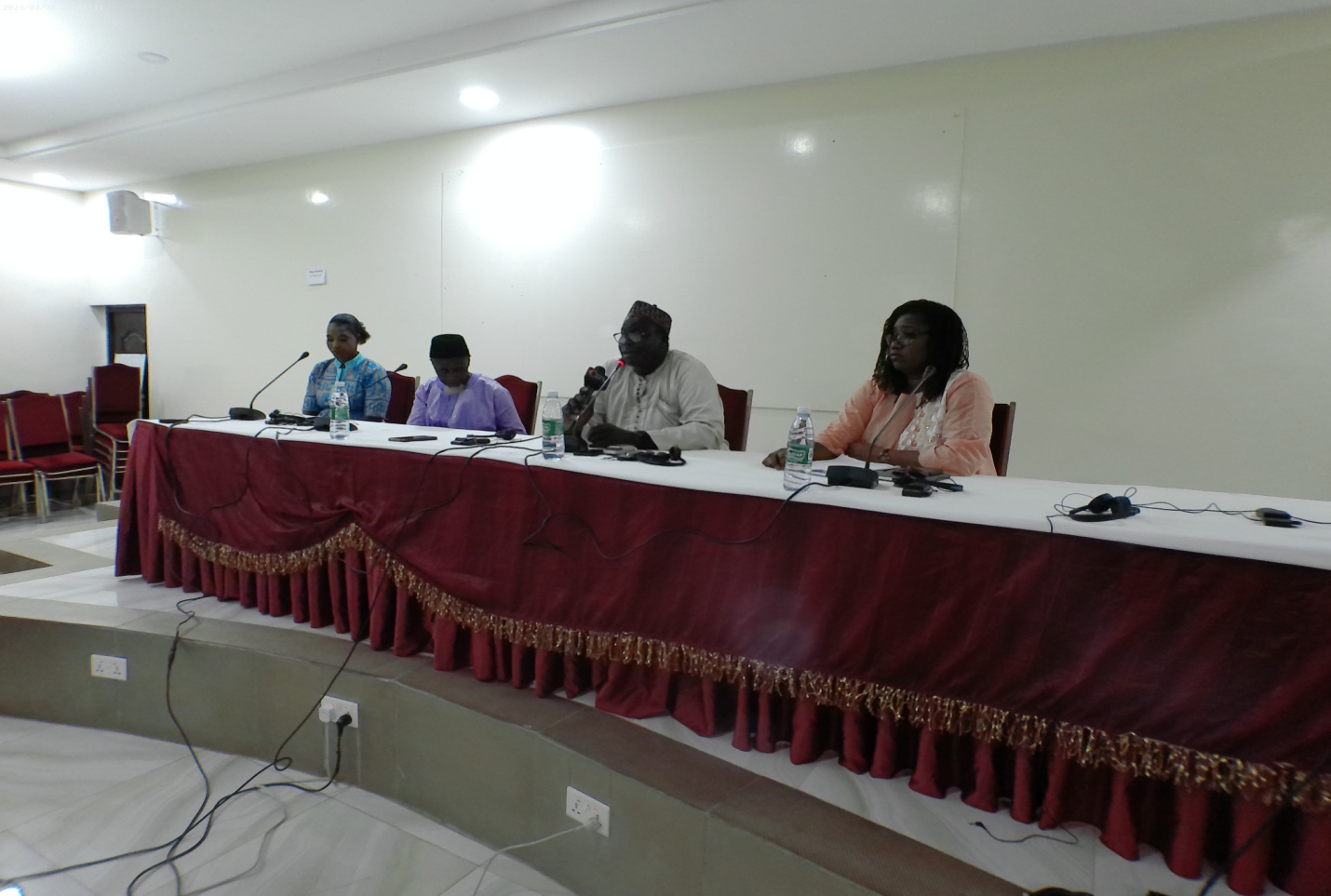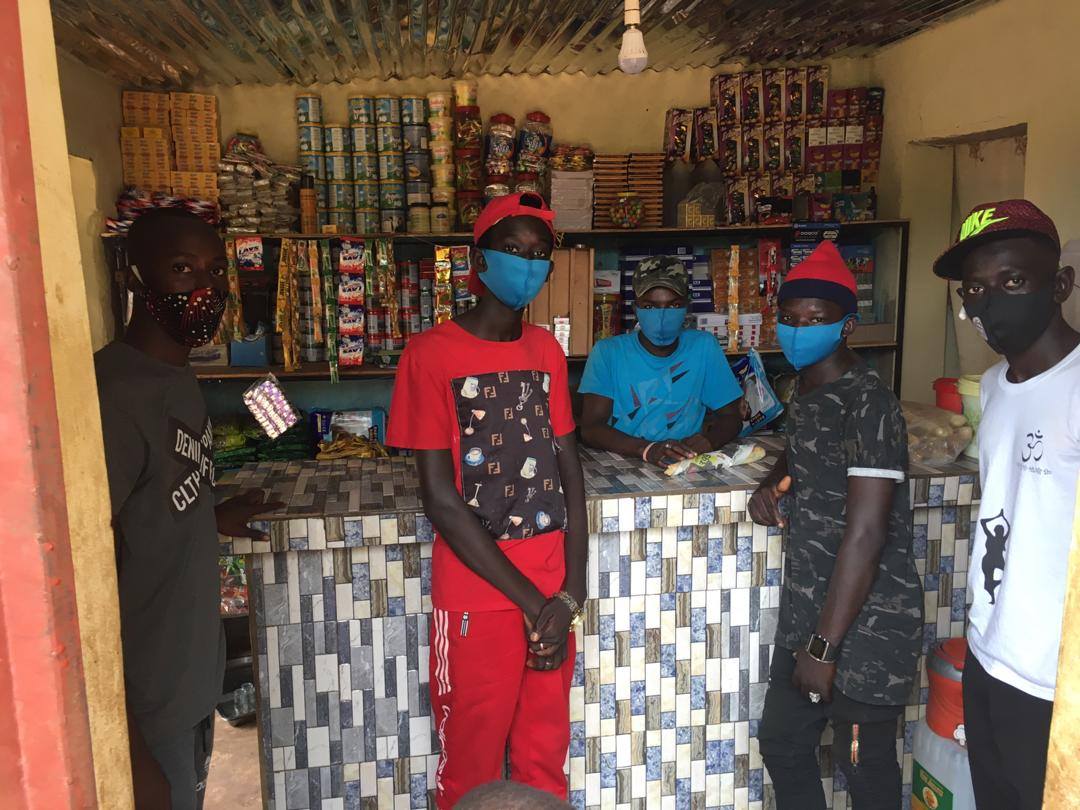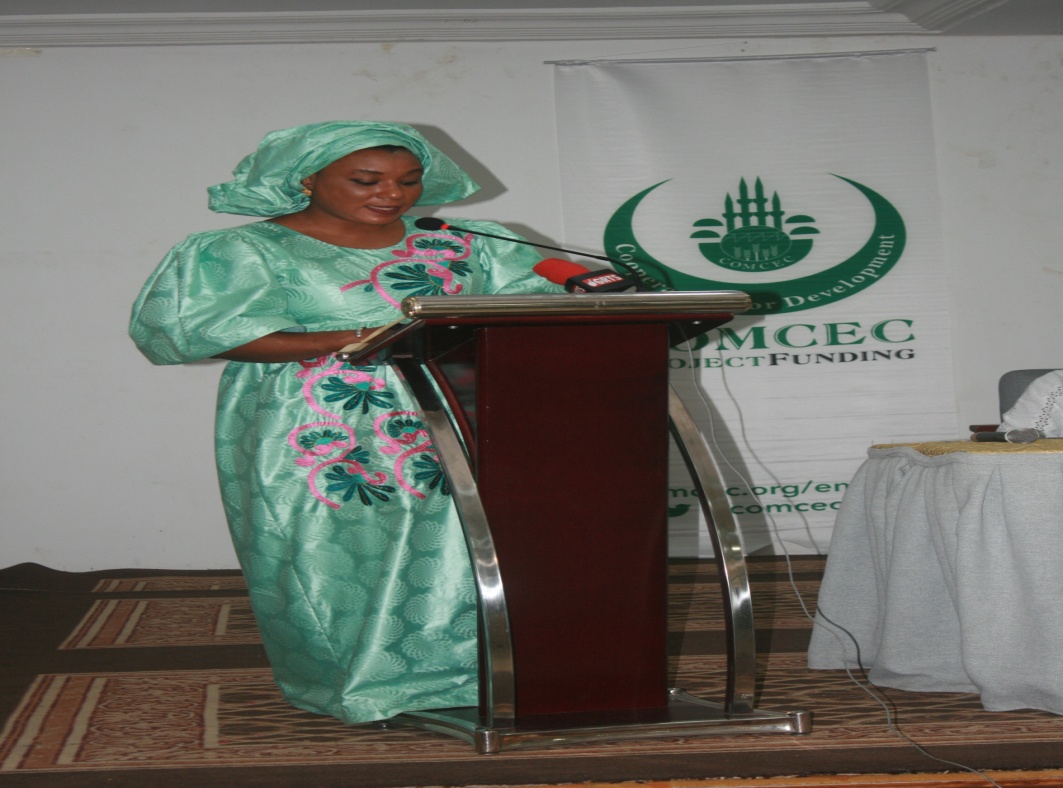By Yunus S Saliu
The Ministry of Trade, Industry, Regional Integration and Employment in collaboration with the Center for Research and Action on Economic, Social and Cultural Rights (CRADESC) with funding from For a Just Society Foundation (FJS), on Friday, 3rd November 2023 shared and disseminated its findings about the Gambia on the violations of domestic workers’ rights study with the media.
The sharing and dissemination forum was held at Baobab Holiday Resort, Bijilo, and was attended by different media houses alongside some institutional directors and locals.
Center for Research and Action on Economic, Social, and Cultural Rights is a Senegal-based organization with financial support from the For a Just Society Foundation. CRADESC recently conducted a study on the rights of domestic workers in West Africa. The results of this study in The Gambia have been compiled into a report that includes strong recommendations to develop policy strategies aimed at assisting domestic workers in working with dignity and respect for their fundamental rights.
The two-day sharing and dissemination workshop was divided into two, day one was the validation and dissemination of the results of the study on the documentation of violations of the economic, social, and cultural rights of domestic workers while day two was for a press luncheon with the media for the dissemination of the results.
This was attended by relevant stakeholders including state institutions, trade unions, and civil society organizations working to protect and promote the rights of domestic workers in The Gambia.
The CRADESC study’s report highlighted serious shortcomings in the application of labor regulations and violation of the rights and freedoms of domestic workers from the beginning to the end of their contracts.
The report revealed that in total, 504 domestic workers were interviewed, along with various stakeholders in the sector. Regarding their formal employment status, 85.9% of domestic workers do not have written contracts, even though they are legally required to have written declarations containing essential information about their employment conditions.
“Additionally, registration with Social Security is lacking, as 75.71% of these workers do not benefit from the social protection guaranteed by Gambian legislation.
Among other issues as highlighted in the report included the issues of working conditions, lack of leave, unhygienic and unsafe working environments and degrading treatment, low wages, and “domestic workers are daily subjected to various forms of violence such as verbal, physical psychological, sexual and so on
Notwithstanding, regarding child labour, in The Gambia, it was observed that significant progress has been made compared to other countries in the sub-region. Nevertheless, “11.39% of domestic workers are minors.”
However, Dr Fatima Diallo, the Director of the CRADESC gave an in-depth background of the Center for Research and Action on Economic, Social, and Cultural Rights saying it is a think tank and advocacy platform in French-speaking West Africa and the Sahel, working exclusively to promote the recognition of economic, social, and cultural rights of the communities.
Between 2021 and 2022, she said, CRADESC implemented several projects covering various areas of intervention and impacting 5,241 beneficiaries through 2 major activities at the national level and 1 sub-regional event.
She added that, in 2021, the project on the rights of domestic workers reached 2,572 individuals in 5 countries namely; Ivory Coast, Burkina Faso, Guinea, Mali, and Senegal while in 2022, the project is being scaled up by expanding the intervention zone to four additional countries – Benin, Togo, Gambia and Mauritania.
Mr. Secka Bashir, Principal Labour Economic at MoTIE, MrSusso representative of the workers union, and others delivered comprehensive speeches at the interactive dissemination workshop.





